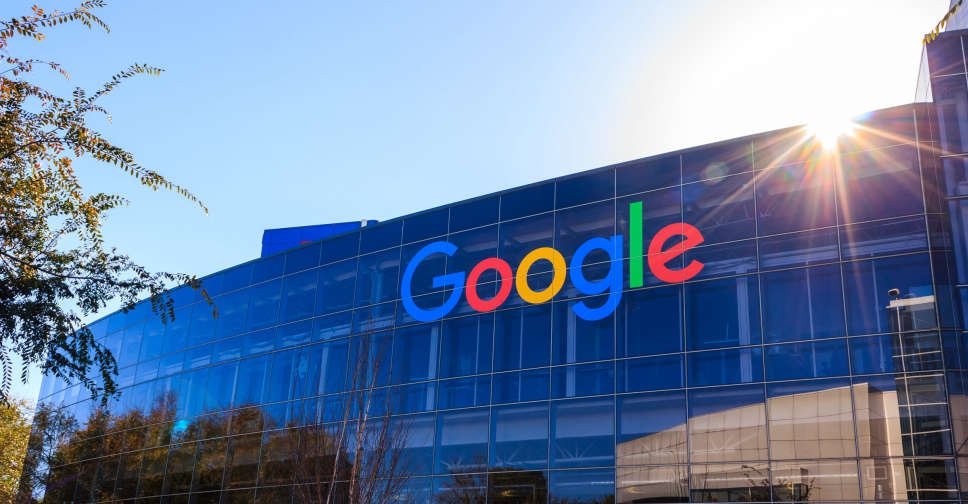
Google sought to dominate all sides of online advertising technology by controlling competitors and customers, a Justice Department prosecutor said as trial began in the tech titan's latest antitrust showdown in Alexandria, Virginia.
Prosecutors say Google has largely dominated the technological infrastructure that funds the flow of news and information on websites through more than 150,000 online ad sales every second.
Google used classic monopoly-building tactics of eliminating competitors through acquisitions, locking customers into using its products, and controlling how transactions occurred in the online ad market, Julia Tarver Wood, an attorney with the Justice Department's antitrust division, said in an opening statement.
"Google is not here because they are big, they are here because they used that size to crush competition," she said.
US District Judge Leonie Brinkema is hearing the case without a jury, and will issue a ruling after the multi-week trial concludes.
The Justice Department and a coalition of states based their case on "ancient history" from a time when Google was still working on making its tools able to connect to competitors, said Google's lead attorney Karen Dunn.
Google's tools are now interoperable with its rivals, and the company faces competition from technology companies including Amazon.com and Comcast as digital ad spending shifts to apps and streaming video, she said.
The case is, "like a time capsule that if you broke it open you would find a BlackBerry, an iPod and a Blockbuster Video card," she said.
Dunn compared the allegations to claims that Google defeated in the recent search monopoly case.
Dunn left the courtroom after delivering the opening statement. She is preparing Vice President Kamala Harris for a televised debate with former President Donald Trump on Tuesday.
At trial, prosecutors are seeking to show Google used dominant positions in technology for publishers and advertisers to keep them from using other tools and undercut bids placed through competitors' products.
Tim Wolfe, an advertising executive at Gannett, testified on Monday that the company has used Google's publisher ad server for around 13 years, and that there are no other realistic options.
If Brinkema finds that Google broke the law, she would later consider prosecutors' request to make Google sell off, at minimum, Google Ad Manager, a platform that includes Google's publisher ad server and its ad exchange.



 Nasdaq set to confirm bear market as Trump tariffs trigger recession fears
Nasdaq set to confirm bear market as Trump tariffs trigger recession fears
 Dana Gas and Crescent Petroleum exceed 500M boe in Khor Mor field
Dana Gas and Crescent Petroleum exceed 500M boe in Khor Mor field
 China to impose tariffs of 34% on all US goods
China to impose tariffs of 34% on all US goods
 Shares bruised, dollar crumbles as Trump tariffs stir recession fears
Shares bruised, dollar crumbles as Trump tariffs stir recession fears
 Wall Street futures sink as tariffs fuel recession fears
Wall Street futures sink as tariffs fuel recession fears



